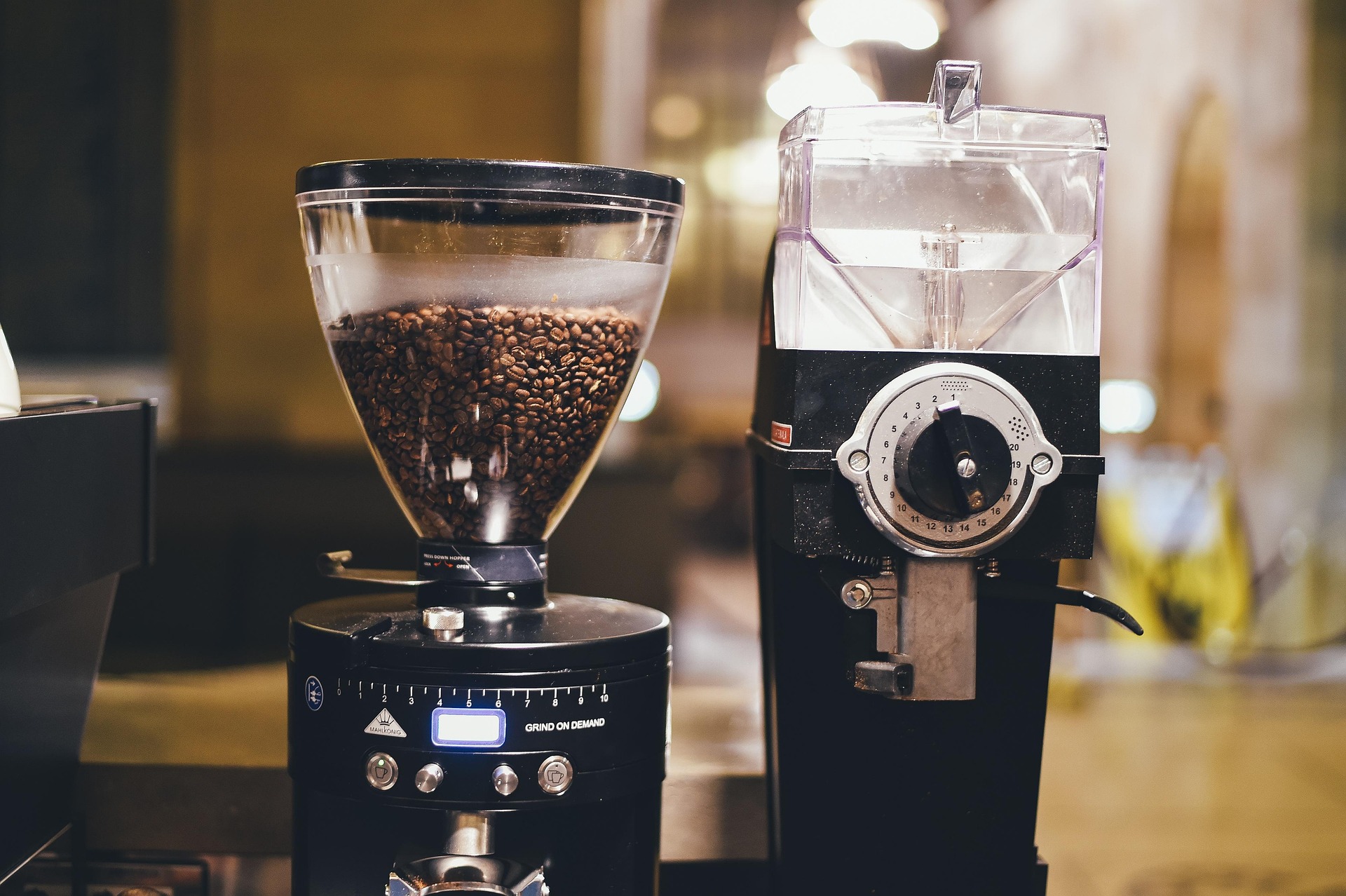Barista Jobs: Roles, Skills, and Working in Japan Cafes
A barista job combines hands-on beverage preparation with customer interaction, operational tasks, and often a sense of hospitality culture. Whether you are preparing espresso-based drinks, managing stock, or training new staff, barista roles require a blend of technical skill and soft skills. This article explains typical duties, the coffee knowledge employers look for, how cafe work can differ in Japan, beverage techniques, career paths, and how to find local services and job opportunities.
What does a barista job involve?
A barista typically works in a cafe environment preparing coffee and other beverages, maintaining equipment, and ensuring a clean service area. Tasks include tamping and pulling espresso shots, steaming milk to proper texture, pouring latte art when required, and assembling manual or automated drinks. Beyond drink prep, baristas handle cash or POS systems, restock supplies, monitor inventory, and follow food safety procedures. Strong communication skills are needed for taking orders, upselling limited items, and resolving simple customer concerns while keeping service pace consistent during busy periods.
What coffee knowledge is expected?
Employers often expect baristas to understand coffee origins, roast profiles, and extraction principles that affect flavor. Basic knowledge includes grind size adjustments, dose and yield relationships, and how brew time influences acidity, body, and sweetness. Familiarity with different brewing methods—espresso, pour-over, French press, and batch brew—helps a barista adapt to menu needs. Understanding how milk texture influences beverage mouthfeel and how syrups or alternative milks interact with espresso can improve drink consistency. Ongoing tasting practice and cupping sessions are common ways to develop sensory skills.
How does working in a cafe differ in Japan?
Cafes in Japan are known for attention to detail, cleanliness, and often a strong customer service culture rooted in courteous interaction. Many Japanese cafes emphasize precision in brewing and presentation, whether in specialty coffee shops or kissaten-style establishments that serve drip coffee. Shift structures, labor rules, and expected uniform standards can vary from other countries, and language or cultural fluency may affect customer interactions and teamwork. Foreign applicants should be aware of local employment regulations, work visa requirements, and common workplace customs if planning to work in Japan.
How are beverage techniques and equipment learned?
Training for beverage techniques often begins with hands-on practice under an experienced trainer or head barista. New hires usually learn grinder calibration, espresso machine operation, milk steaming consistency, and cleaning protocols. Many cafes provide step-by-step checklists and structured shadow shifts, progressing to supervised solo service. Baristas also learn maintenance tasks such as backflushing espresso machines, cleaning steam wands, and basic grinder upkeep. Supplementary training can include online courses, specialty coffee workshops, and certification programs focused on sensory evaluation or brewing standards to refine technique and broaden product knowledge.
What career paths and training exist for barista jobs?
Barista roles can lead to supervisory or management positions within a cafe, such as shift leader, floor manager, or head barista training new staff. Other paths include becoming a roaster, quality control technician, or educator in coffee training programs. Formal training options range from short barista courses to accredited hospitality programs; many coffee professionals combine practical experience with targeted workshops in latte art, sensory analysis, or machine maintenance. Freelance opportunities—like pop-up cafes, event catering, or mobile coffee service—may suit those seeking flexible schedules or entrepreneurial ventures in the beverage industry.
How to find barista jobs and local services?
Job seekers can look for openings through job boards, cafe websites, recruitment agencies, or local services that specialize in hospitality placements. Networking within local coffee communities, attending industry events, and visiting cafes in person to introduce yourself can help; many employers value a personal connection and visible enthusiasm. For those in Japan or relocating there, consult local employment centers, language schools with job boards, and international job platforms that list hospitality positions. When evaluating opportunities, review shift patterns, training provisions, and workplace expectations to find a suitable fit.
Conclusion
Barista jobs blend technical coffee skills with customer-facing responsibilities and operational tasks. Developing a foundation in coffee preparation, equipment care, and service etiquette provides a solid start, while targeted training and workplace experience open routes to supervisory roles, specialty coffee positions, or independent ventures. Understanding local workplace norms—whether in your area or in countries like Japan—helps align expectations and supports professional growth in the cafe and beverage sector.







